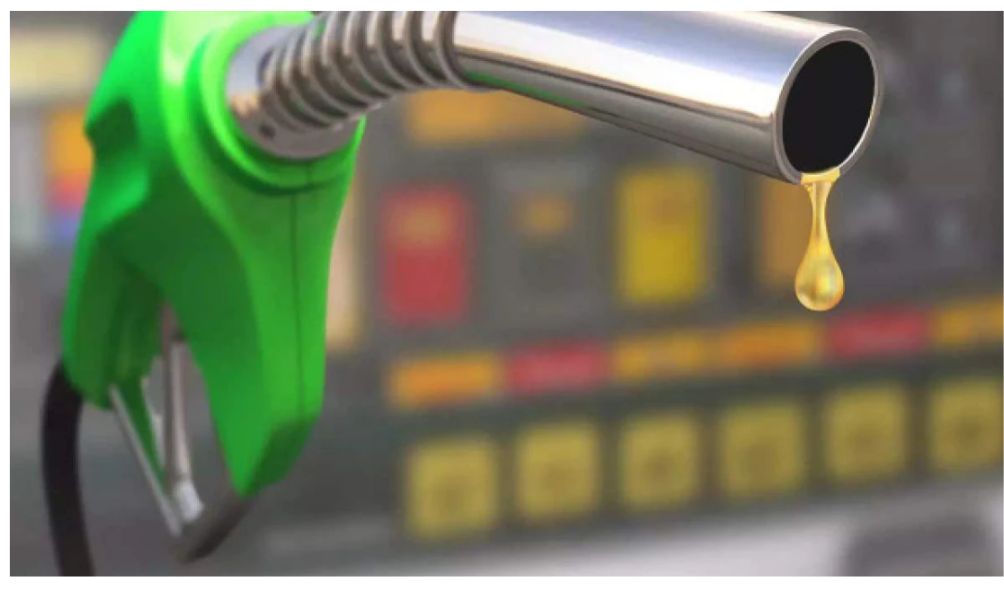Fuel consumption in Kenya drops to an all-time low

Fuel consumption from January to August has dropped to an all-time low despite the government's efforts to reduce prices, new data shows
Fuel consumption from January to August has dropped to an all-time low despite the government’s efforts to reduce prices, new data shows.
According to the Lead Economic Indicator by the Kenya National Bureau of Statistics (KNBS), petrol consumption dropped by four percent, diesel by 2.5 percent and kerosene by 41.29 percent.
In a breakdown, Kenyans consumed 938,300 metric tonnes of petrol from January to August 2023, a reduction from 984,330 metric tonnes consumed during the same period last year.
For diesel, Kenyans consumed 3,675 metric tonnes less during the period in review while kerosene consumption fell by the biggest margin from 42,600 mt to 25,010 mt.
The reduction in fuel consumption comes despite the drop in fuel prices in recent months. In October, data from EPRA showed that the pump prices dropped to the lowest level in 19 months, attributed to lower import costs.
This meant that a litre of super petrol costs Ksh.180.66 in Nairobi, Ksh.168.66 for diesel and Ksh.151.30 for kerosene.
The same figures were retained during the November 15 to December 14 review.
Globally, oil prices dropped significantly leading to a reduction in fuel prices witnessed across the globe.
Further, the drop in prices was also attributed to the strengthening of the shilling, which is currently Ksh.129.5 to the dollar from the highs of Ksh.160 witnessed at the beginning of the year.
Pregnant woman bleeds to death after being forced to undergo FGM
Governor Waiguru speaks on retiring from politics after 2027
Karua shares details of Kizza Besigye last moments before being kidnapped in Nairobi
Government fires 300 workers who worked under Rigathi Gachagua
EACC arrests 2 suspects over extortion of Sh2 million from government official
CBK issues update on release of new currency banknotes
This was effected by the government-to-government arrangement which involved Gulf nations supplying oil to Kenya until a volume of fuel was exhausted.
The deal allowed the government to purchase oil on credit and hence alleviating the pressure on the Kenyan shilling.
Despite the drop in prices, Kenyans anticipated the reduction to be bigger had the government maintained the Road Maintenance Levy Fund (RML) at Ksh.18 per litre.
The Fund, used to maintain public roads across the country, was increased from Ksh.18 per litre to Ksh.25 per litre in November.
The State, however, reaffirmed to the public that the new rate would not increase fuel prices.
“We are confirming to Kenyans that there will be no increase in the price of fuel. We have measures in place to increase the levy without increasing the cost of fuel beyond the current prices,” Roads PS Joseph Mbugua reassured.
Also read,
NPS responds to letter warning of planned occupy Parliament protests
Government introduces new features on title deeds
Ruto allocates Ksh100 million for 16-day femicide campaign
We should dissolve Parliament and let him make all decisions – Sifuna goes after Treasury CS
Auditor General Gathungu under probe over employee torture and 200 fake papers
PSC advertises principal secretary positions as shuffles loom; How to apply
Follow us






